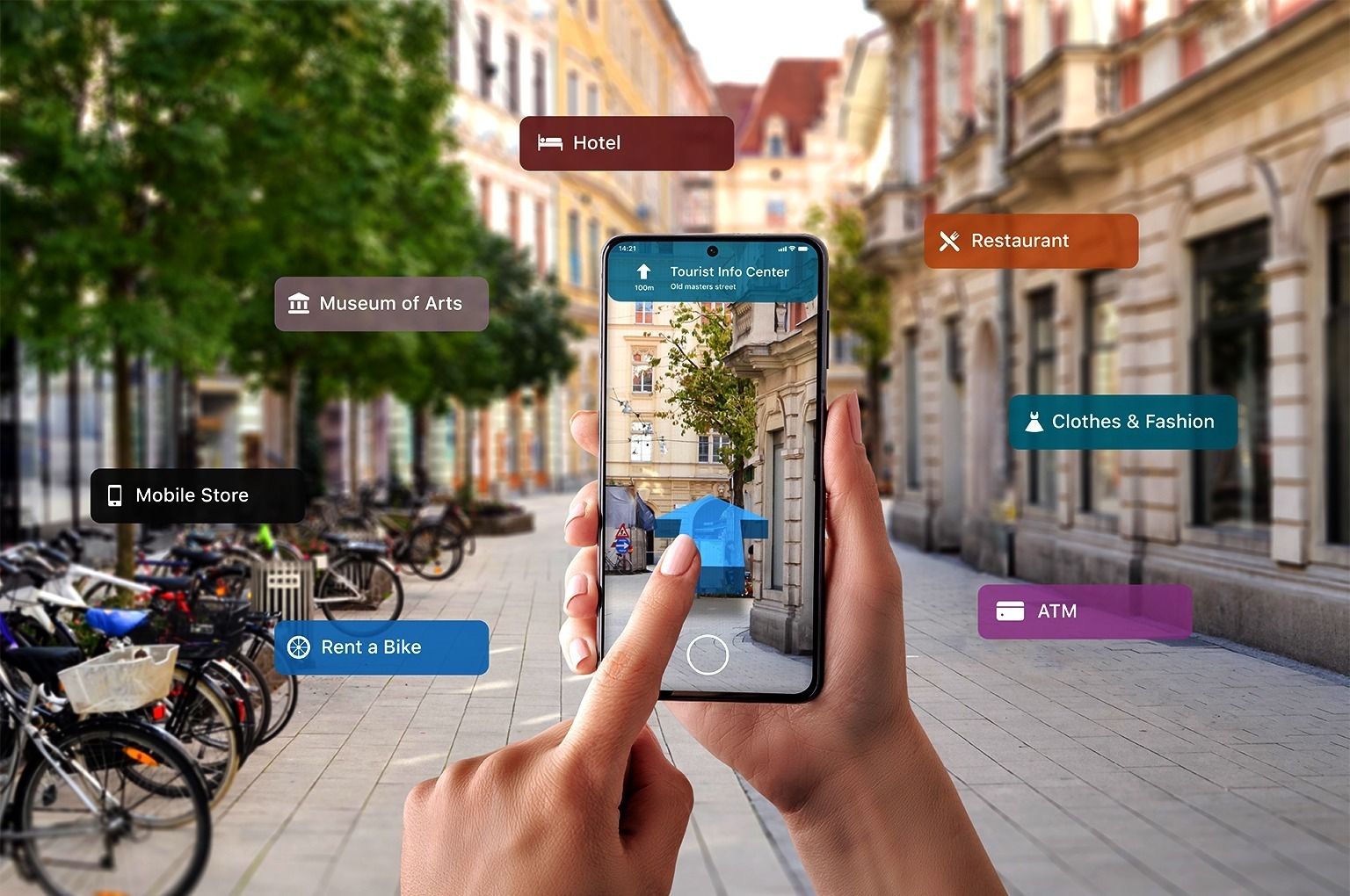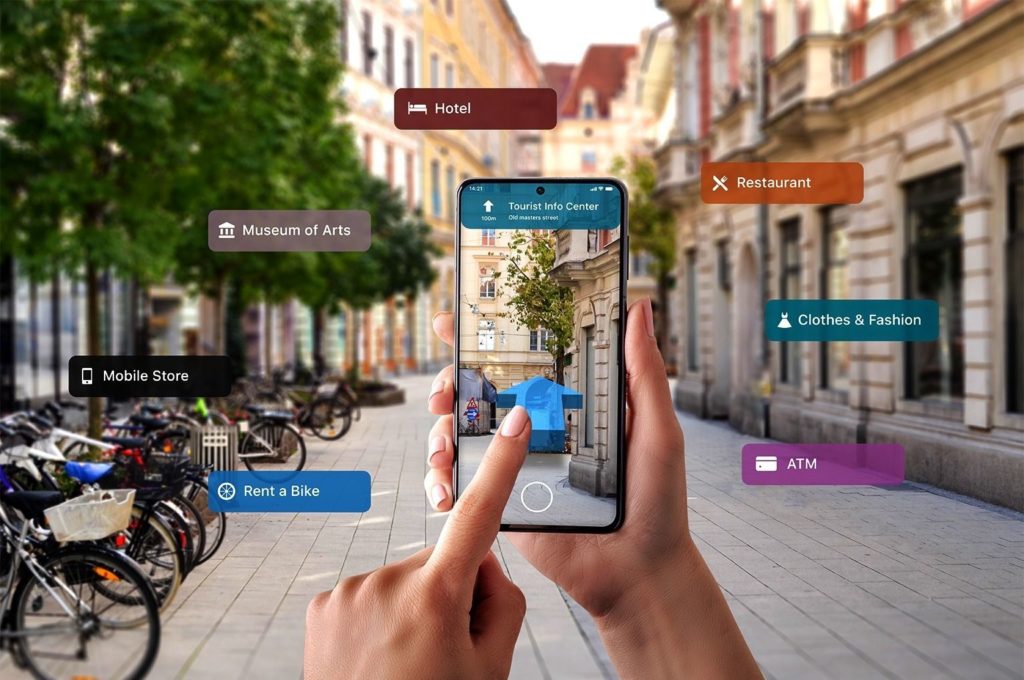Imagine stepping into a world that transcends physical limitations. VR, with its immersive experiences, is revolutionizing numerous industries. Let’s delve into how VR is shaping the future:
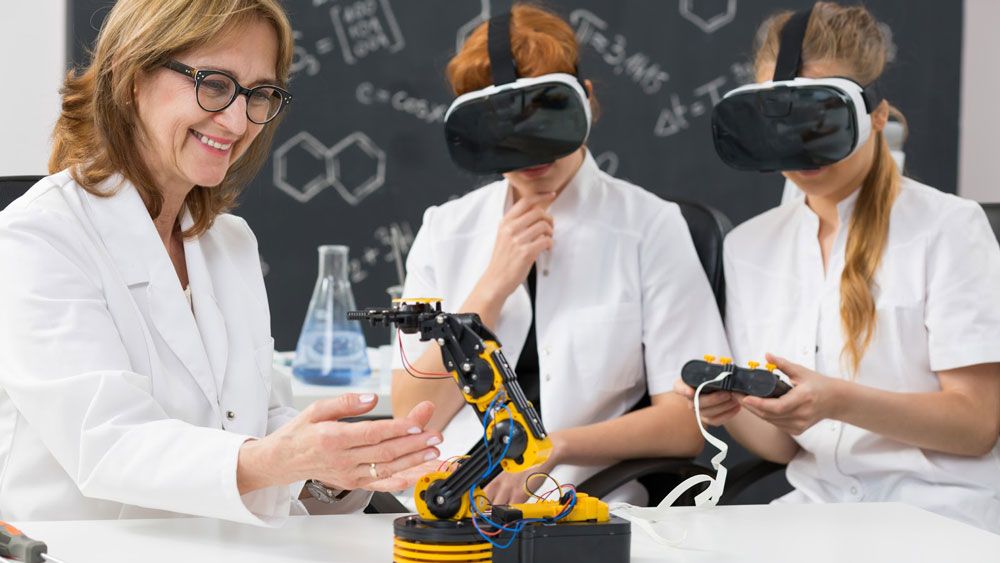
1. Education: Learning goes beyond textbooks with VR. Imagine exploring the pyramids of Egypt or dissecting a frog in a virtual environment! VR fosters interactive learning experiences, making education more engaging and impactful.
2. Healthcare: VR is making waves in healthcare. It’s used for training surgeons, providing phobias therapy, and even aiding in post-surgical rehabilitation. VR simulations allow healthcare professionals to practice procedures in a safe, controlled environment, and patients can overcome fears or manage pain through immersive experiences.
3. Architecture and Design: VR empowers architects and designers to bring their visions to life. They can create 3D models of buildings and interiors, allowing clients to virtually walk through spaces before construction begins. This facilitates better design decisions and smoother project execution.
4. Retail and E-commerce: VR is transforming the shopping experience. Imagine trying on clothes virtually or visualizing furniture placement in your home before you buy. VR allows for interactive product trials, enhancing customer satisfaction and boosting sales.
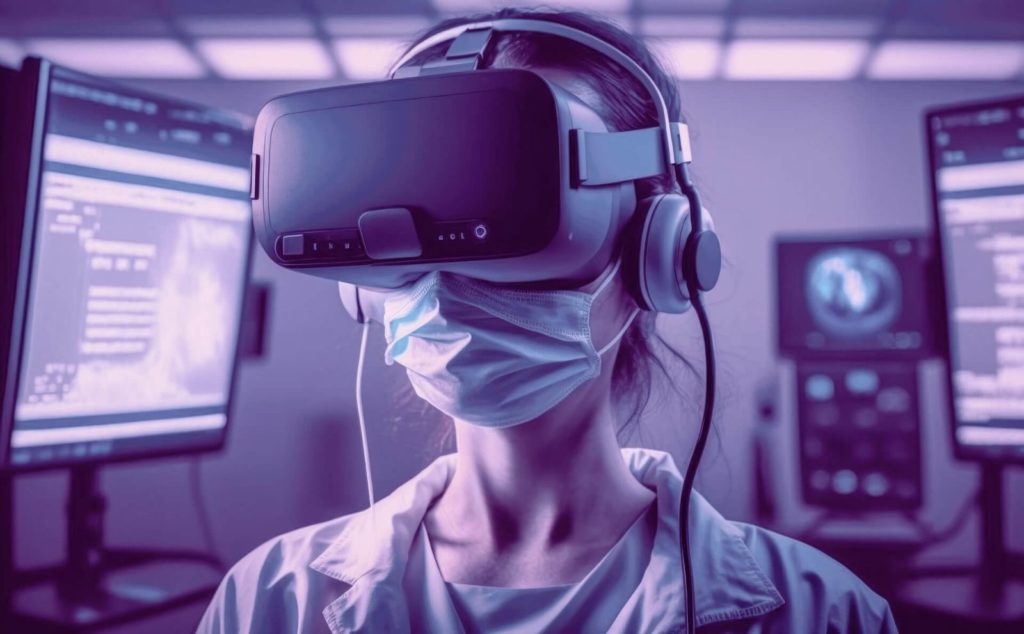
5. Travel and Tourism: Planning a vacation just got more exciting! VR lets you virtually explore destinations, from the bustling streets of Tokyo to the serene beaches of Maldives. This immersive experience can help you make informed travel decisions and pique your wanderlust.
6. Manufacturing: VR streamlines product design, prototyping, and testing phases. Engineers can use VR simulations to identify and rectify design flaws virtually, saving time and resources. VR also empowers remote collaboration, enabling geographically dispersed teams to work together on product development.
7. Entertainment: VR is at the forefront of immersive entertainment. From gaming experiences that transport you to fantastical worlds to virtual concerts that bring you face-to-face with your favorite musicians, VR is redefining entertainment.
8. Training and Simulation: VR creates realistic training environments for various professions. Pilots can practice emergency procedures in a virtual flight simulator, firefighters can navigate burning buildings in a controlled VR setting, and businesses can train employees on complex machinery or customer service scenarios using VR simulations. This not only enhances training effectiveness but also minimizes risks associated with traditional training methods.
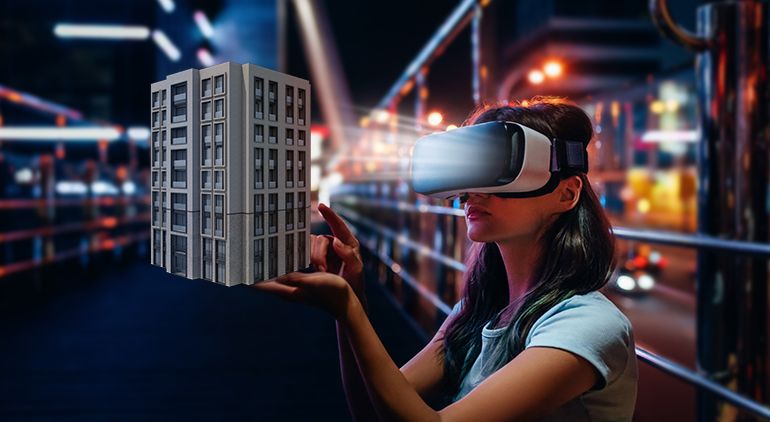
VR is still evolving, but its potential is undeniable. As VR technology continues to develop, we can expect even more transformative applications across various industries.
